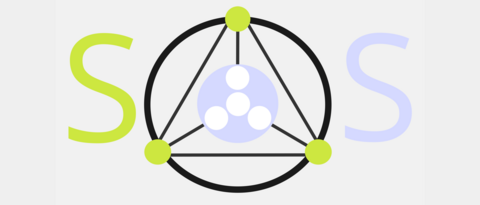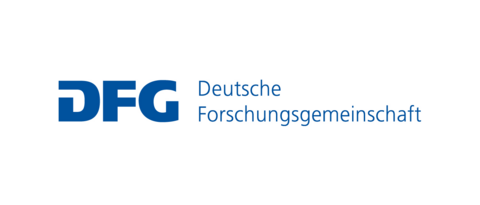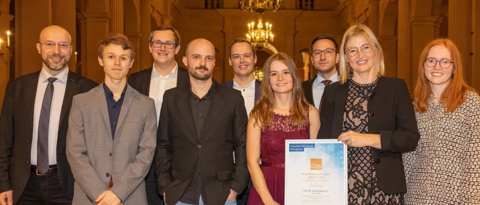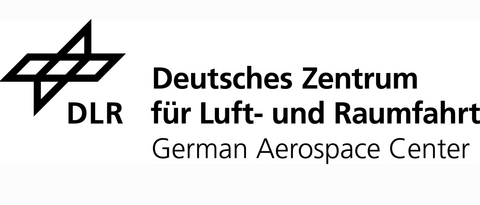SOS: Serverless Scientific Computing for Earth Observation and Sustainability Research (DFG)
01/01/2025
Our research group develops a framework for serverless scientific computing to make large-scale Earth observation (EO) workflows more reusable, reproducible, and accessible. By combining computer science, geosciences, and ecology, we aim to automate and simplify the processing of petabyte-scale, heterogeneous satellite and environmental data—removing technical barriers for researchers. This interdisciplinary approach opens new opportunities to study pressing sustainability questions, from climate impacts on snow cover to biodiversity shifts driven by land surface dynamics.
more




